Today’s readings
Our readings today revolve around the theological virtue of hope. Hope is the virtue that recognizes our desire for happiness in this life and the next, which is an aspiration placed in our hearts by God himself (CCC 1818). According to the Catechism, the virtue of hope causes us to “desire the kingdom of heaven and eternal life as our happiness, placing our trust in Christ’s promises and relying not on our own strength, but on the help of the grace of the Holy Spirit” (CCC 1817). During this year, Pope Francis, of blessed memory, instituted the Jubilee Year of Hope. He recognized the challenges faced in our particular time and wished to call attention to the hope that we have in Christ.
So hope is that virtue that gets us through the difficulties of this life with a view toward what is to come. I like to say that it’s the light at the end of the tunnel, and not the light of an oncoming train! The theological virtue of hope is an eager longing for that which is absolutely certain: it’s not a wish and a prayer, as most people use the word “hope.” Hope is so necessary in every moment of history, in every society and in every person’s life. Hope holds fast to the belief that we are travelers in this world, that we are not home yet, and that the best is yet to come. In these Easter days particularly, the Resurrection is our hope, testifying that we have the invitation to life eternal, and the abiding presence of our God who made us for himself.
Our second reading today is, and has been through the season of Easter, from the book of Revelation. This revelation to John and his community was meant to foster hope among a people who were being persecuted. Because they believed in Christ, they were being expelled from the synagogues, and then, because they had no other religious affiliation, they were being forced by the Romans to worship their pagan gods or face death. They definitely needed hope! To them, John prophesies of the new heavenly Jerusalem, the Holy City, which would need no light from the sun or stars or even lamps, because its light was the light of Christ himself. Indeed, that very City was Christ, and all of the community could hope for the day when they would be caught up in it and all would be made right.
Our Gospel today, even though we are in the season of Easter, finds us just before Jesus’ death. John’s Gospel always portrays Jesus as being fully in charge: he does not have an agony in the garden, but instead willingly lays down his life for us. So in this reading, fully aware that he is about to give his life, he seeks to give hope to his disciples who will surely grieve his loss and be filled with despair and even fear for their own lives. In order to prepare them, he offers them peace, and the abiding presence of the Advocate, the Holy Spirit, who will remind them of Jesus’ words and help them to integrate all that he has taught them. In many ways, absent this hope, we would not have Christianity today.
Hope was necessary for the first disciples, hope was necessary for the early Christian community, but it is also necessary for us today. Think of the many ways that our society beats us down. We can point to war, terrorism and unrest in so many parts of the world, wars in Ukraine and Gaza, and violence in our own cities. We can look at traditional values degraded and open hostility to anything remotely Christian. We can see the bitter hatred of the pro-choice movement toward any advance of a culture of life. We see it, too, in bitter hatred of those on the margins: immigrants, the LGBT community, the poor, and so many more. Add to that inflation like we haven’t seen in decades and an economy that is uncertain. We can also find distress in our own families, at our places of work, in our communities, and in our schools. We may even be dejected by our own sinfulness, and the many ways that the world seems to take us away from God and family and community. We always need that same abiding hope that the early community found in Christ and in John’s vision.
And let’s be clear about this, friends: we always have it. Always. Every time we gather here for the celebration of Mass, for the proclamation of the Word and the saving sacrifice of the Eucharist, we can see that this world is not all there is. We can see that God is with us, in good times and in bad. We can find comfort in the Word and the Sacraments, and in the others assembled with us, journeying together to the Kingdom of God. We can see that Our Lord is leading us to our true heavenly homeland, where all will be made right, and every sadness put to an end.
We are encouraged during this Jubilee year of hope to be hope for others. As a parish, we are symbolizing that with our “Holy Door” that you can see in the south end of the ambulatory, on your way to the Commons. We invite you individually or as a family to complete some act of hope, then write in on a key and hang it on the door. Those keys will open the doors of hope to us and our fallen world, knowing that entering through that door we encounter others, and in those others, we encounter Jesus.
And so we Christians press on as an Easter people, confident in God’s promises and filled with his abiding presence. We shed light on a world that can be dark at times, and we beckon all the world to receive the peace that can only come from our Risen Lord. We live those first words of today’s Gospel reading: “Whoever loves me will keep my word, and my Father will love him, and we will come to him and make our dwelling with him.” We have hope in these Easter days, because Christ is our hope and he has overcome the sting of death and sin and all their sadness. The victory has been won. We just have to hold on to that.
Christ is risen! He is risen indeed! Alleluia!
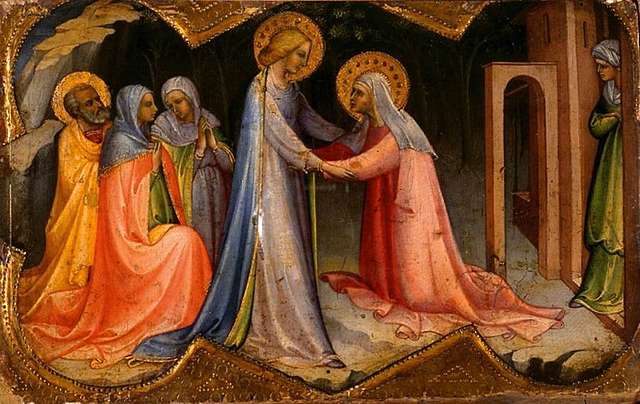
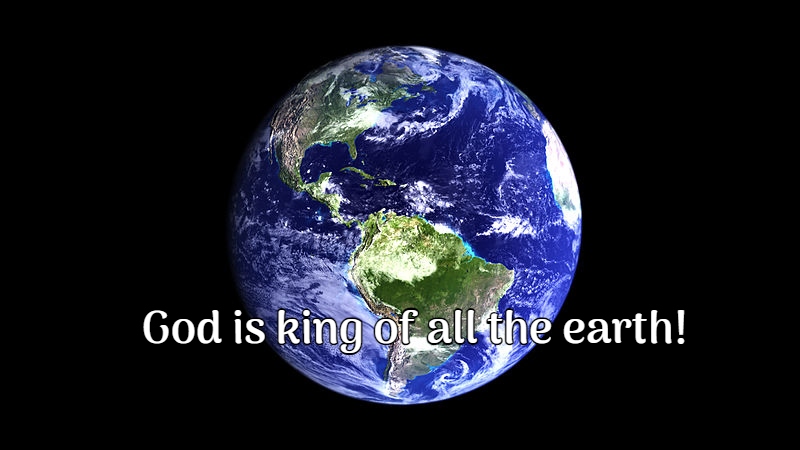

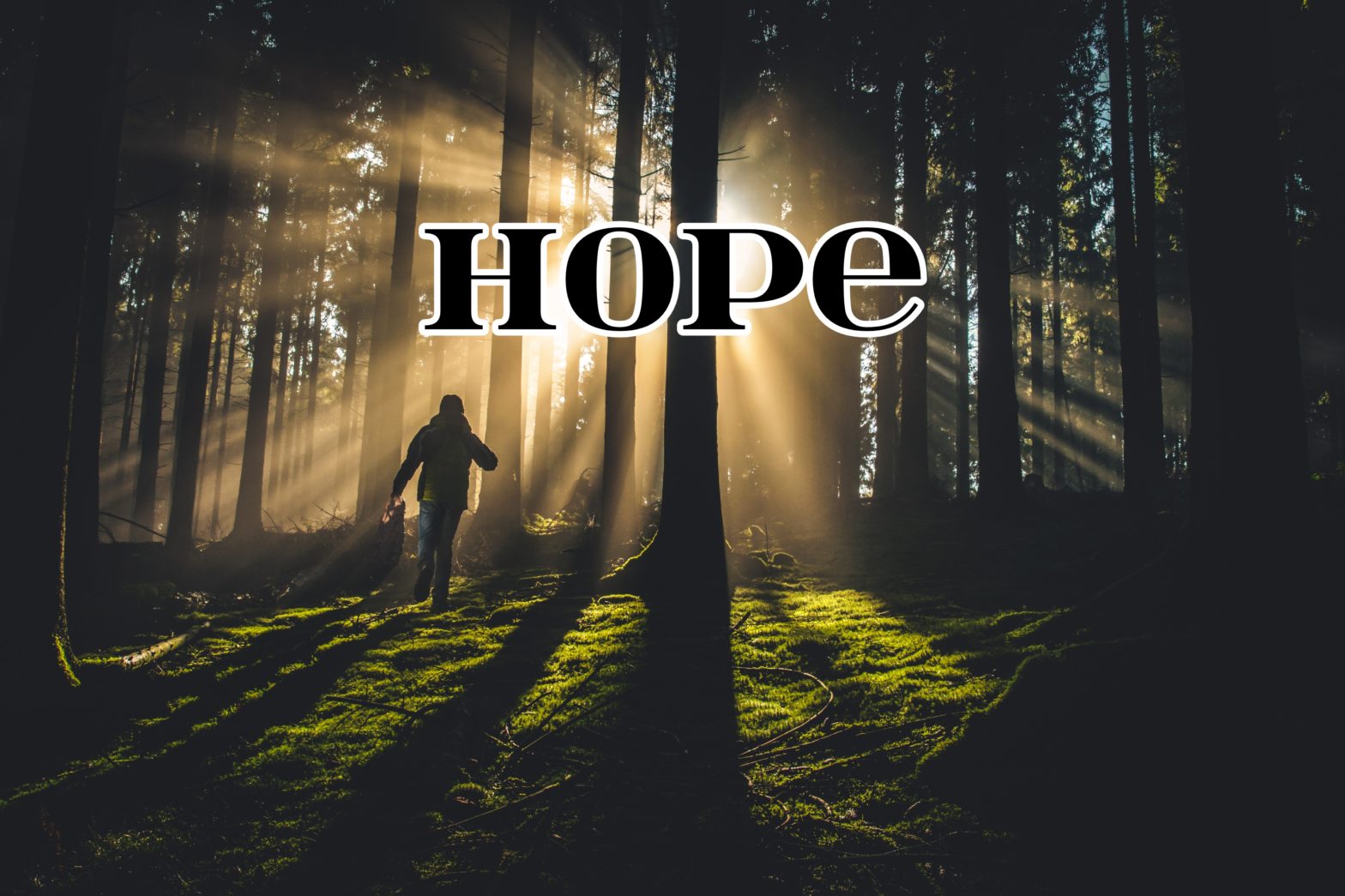

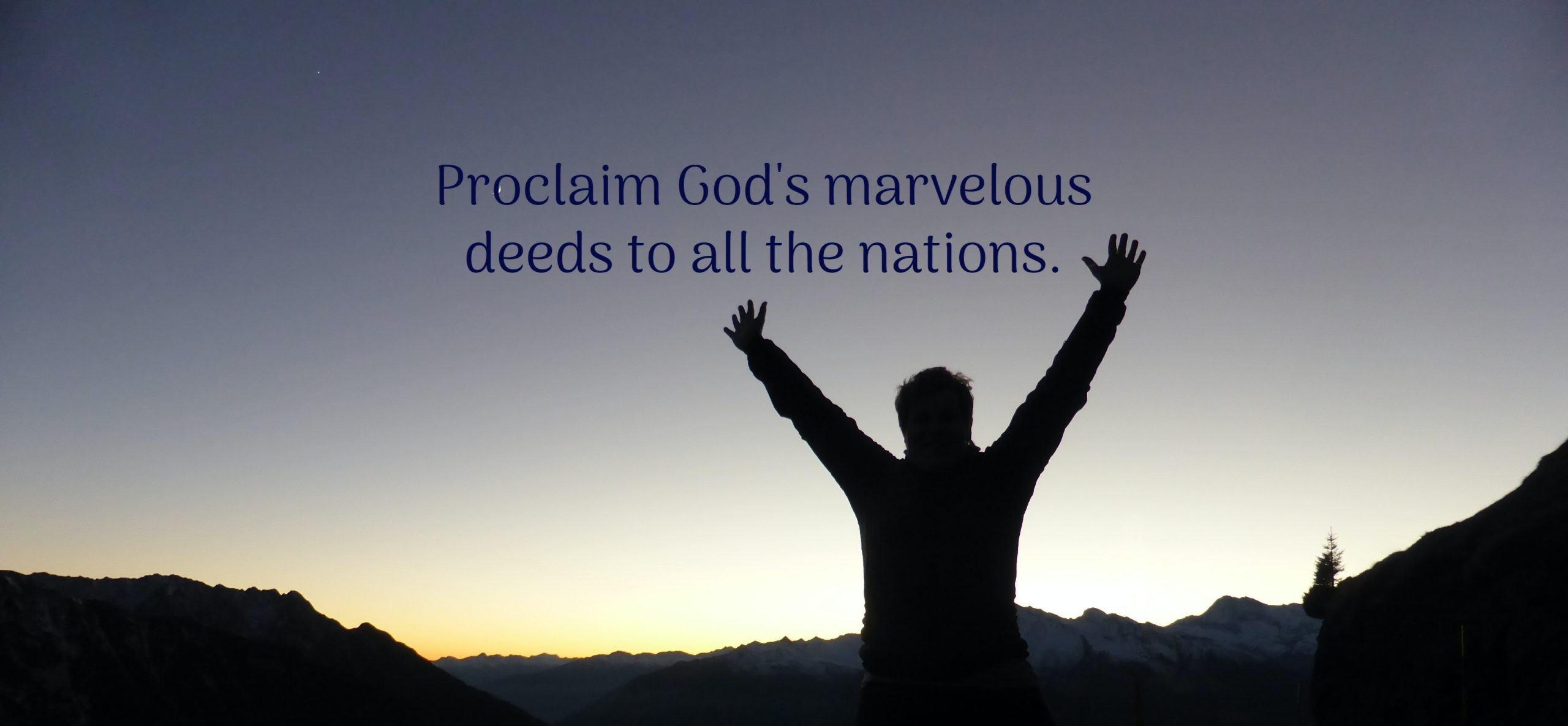
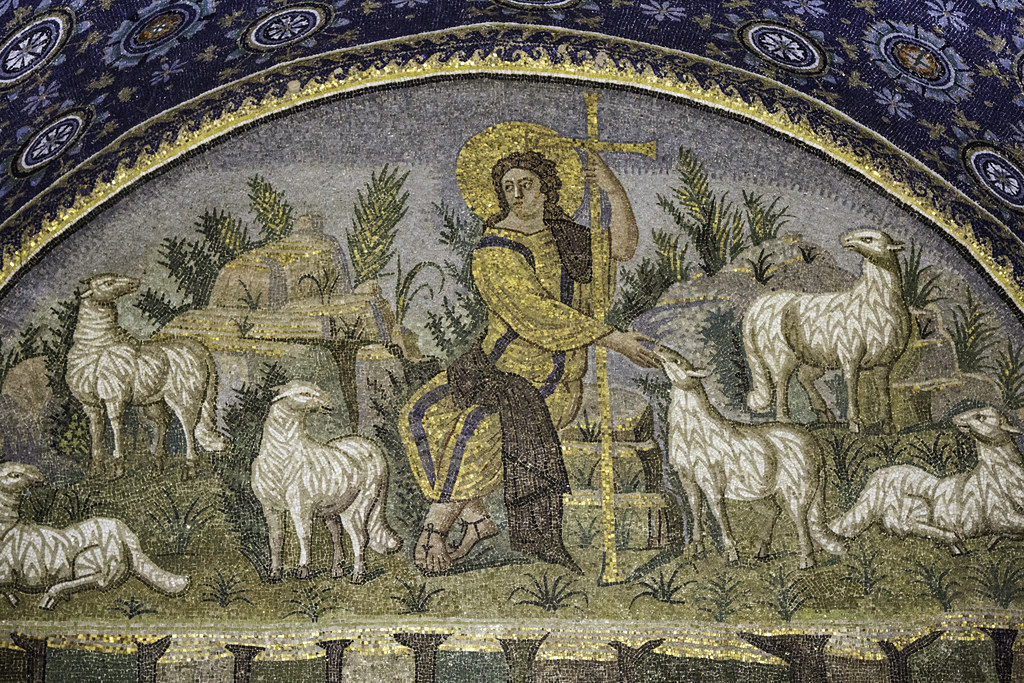

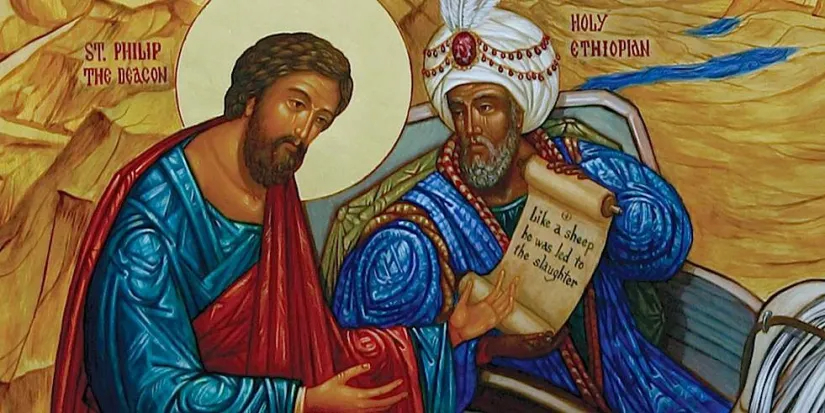
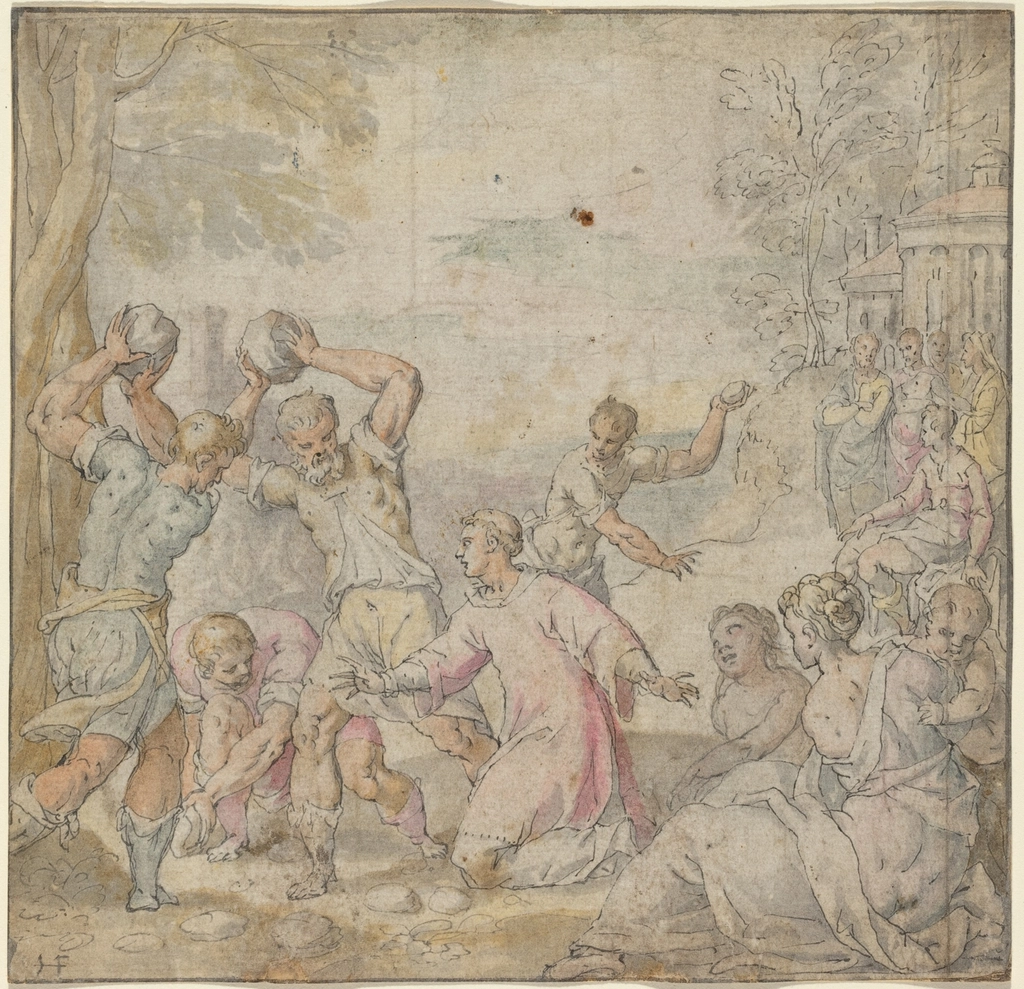
You must be logged in to post a comment.